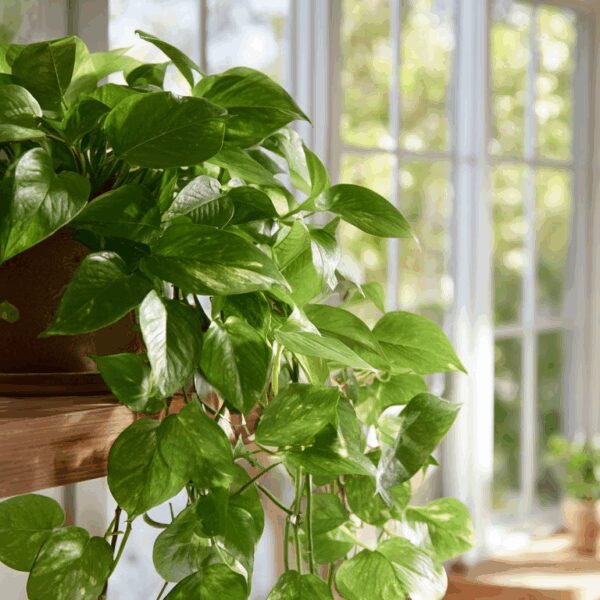Autumn may seem like an ideal time to plant trees thanks to the mild climate and greater availability of water. However, not all trees are suitable for planting this season.
Making informed decisions can ward off many future problems and ensure the well-being of your garden.
Trees sensitive to temperature changes
Some trees do not tolerate them well temperature changes typical of autumn. These plants can suffer from sudden frosts and sudden climate changes.
For example, avoid planting the ficus in autumn, as this species is particularly sensitive to the cold.
Rooting problems
In the fall, some plants may not have enough time to establish a strong root system. This makes them vulnerable to strong winds and other weather elements.
Don’t wait for spring: plant these bulbs now for an early and spectacular garden!
Avoid planting trees likesteel and the plane treeas they require a long period to root well.
Risk of diseases and parasites
Autumn is the time when many diseases and parasites are particularly active. Plants like the peach and the cherry they are susceptible to pathologies such as white sickness and rust.
Planting these trees in the fall can increase the risk of pest attacks.
Changes in light and irrigation
Some trees, like the meli and the perihave very particular light needs. If they don’t get enough autumn light, they can become weak, while too much light can cause leaf burn. Furthermore, too much or too little watering can lead to irreparable damage.
Transplant stress
Lack of stability in new plantings can cause anchoring problems. This is especially true for trees like the holm oak.
If they are not well anchored, the movement of the trunk can damage the young roots, worsening transplant stress.
Avoid fruit trees
Fruit trees, such as almond tree and the plumthey risk not producing well if planted in autumn. The delicate process of pollination and fruit growth can be compromised by the cold and short rooting period.







